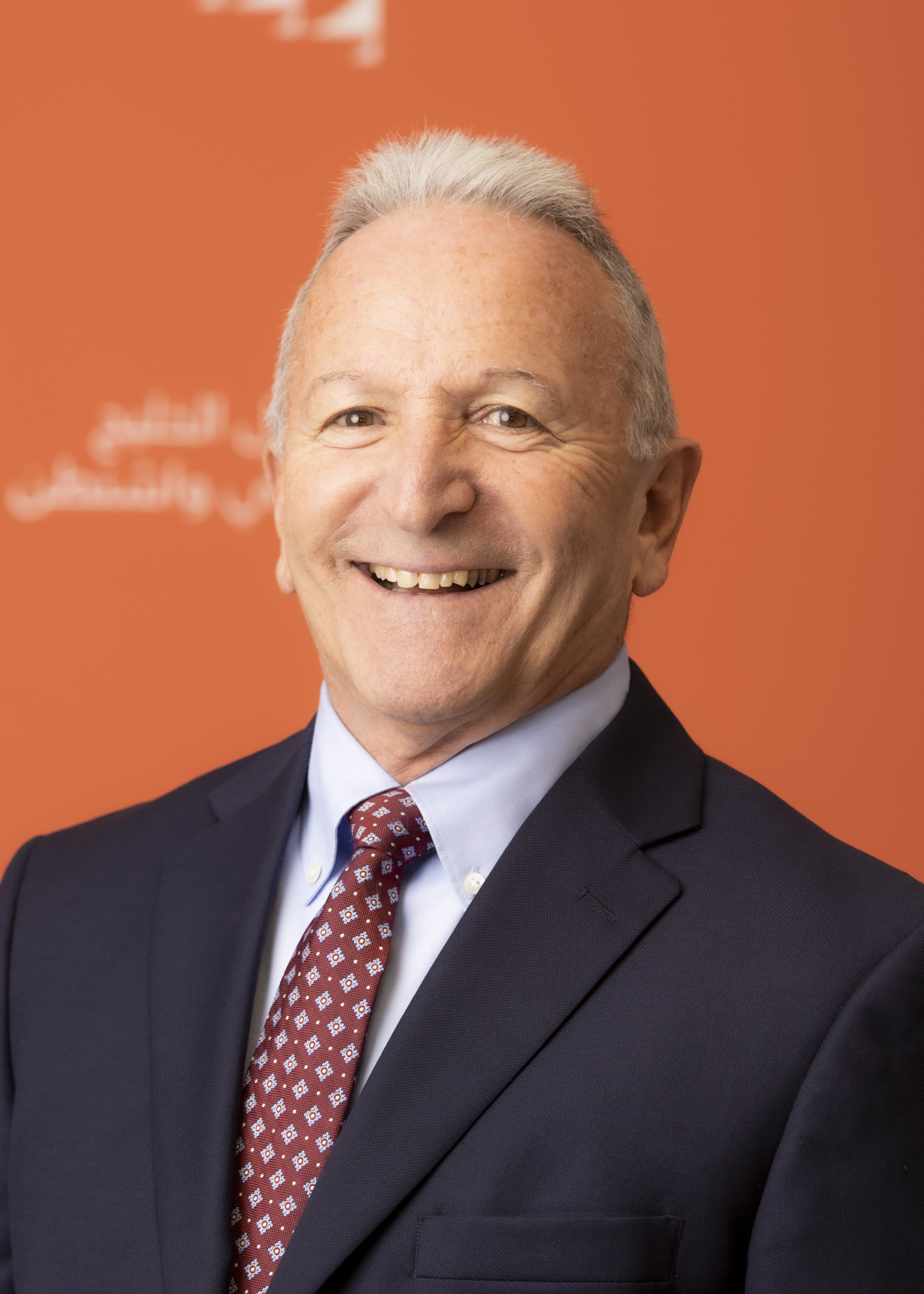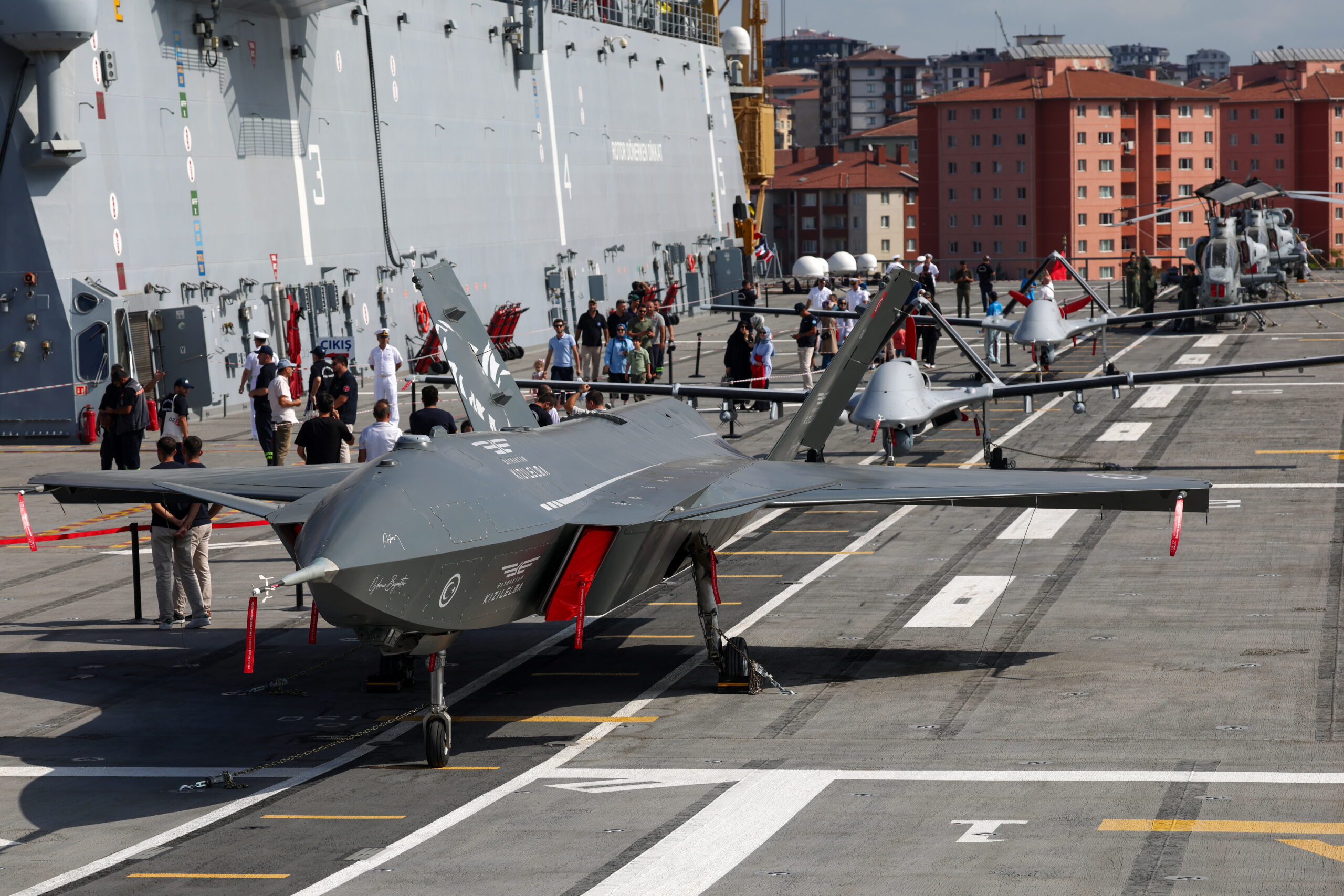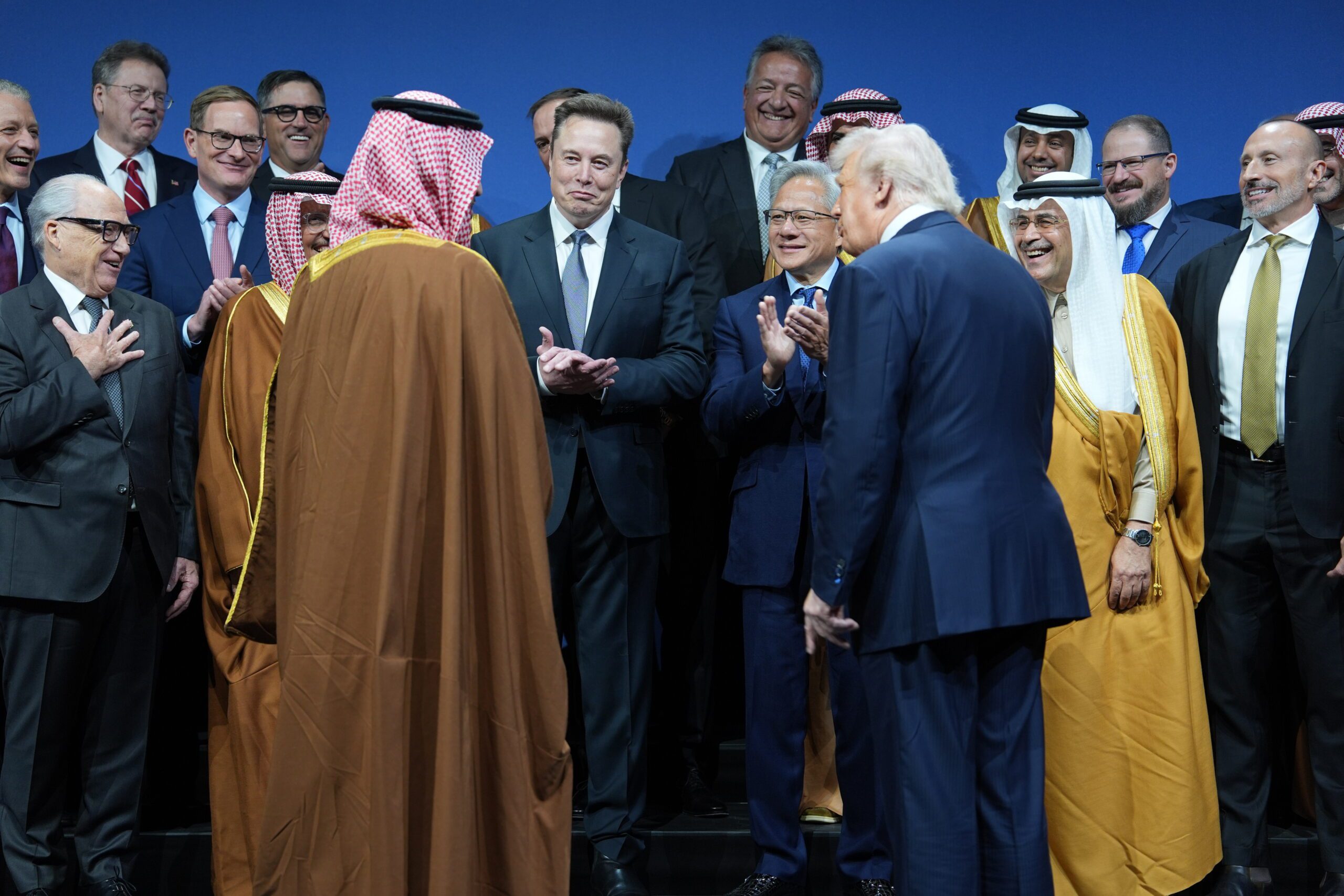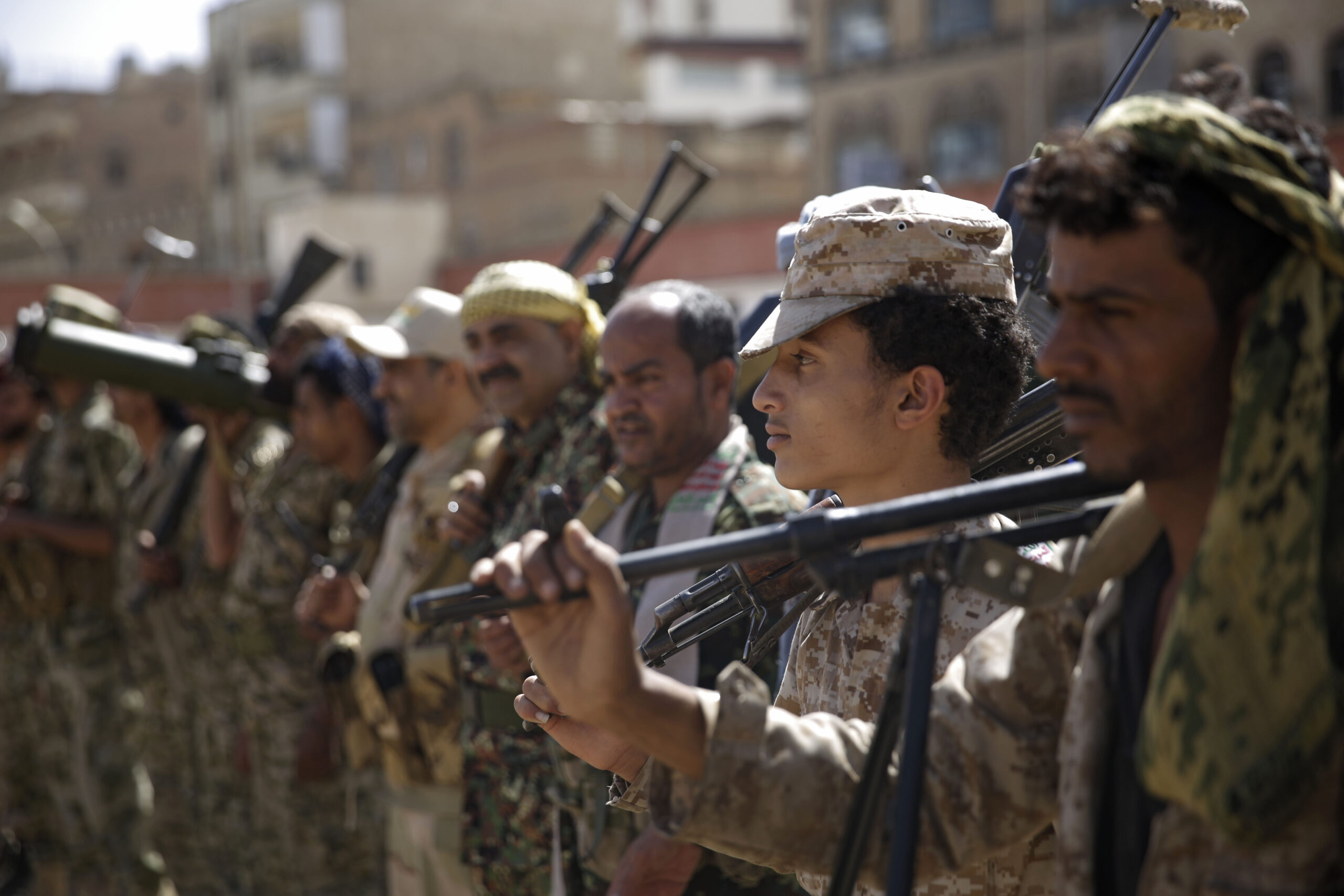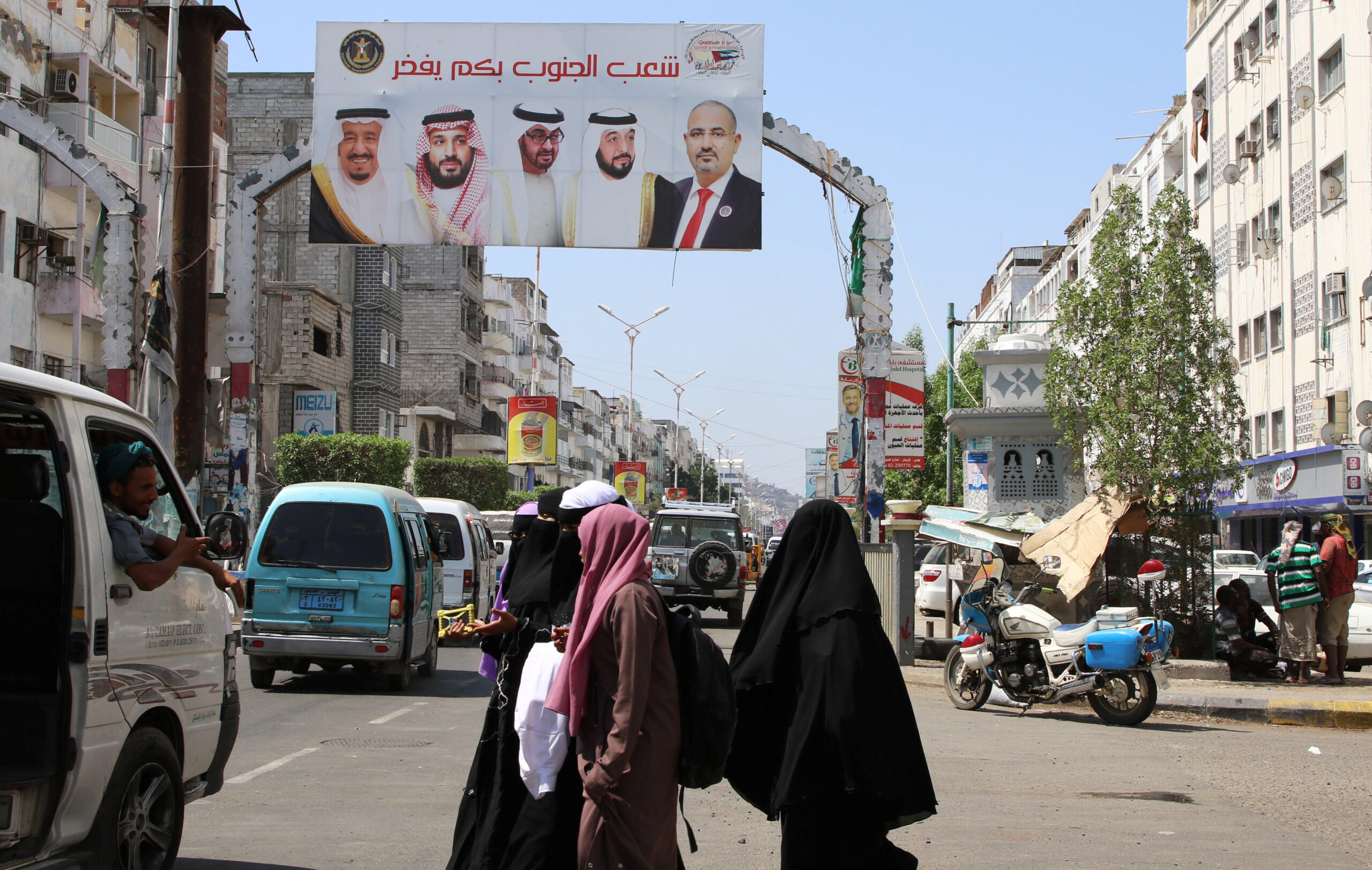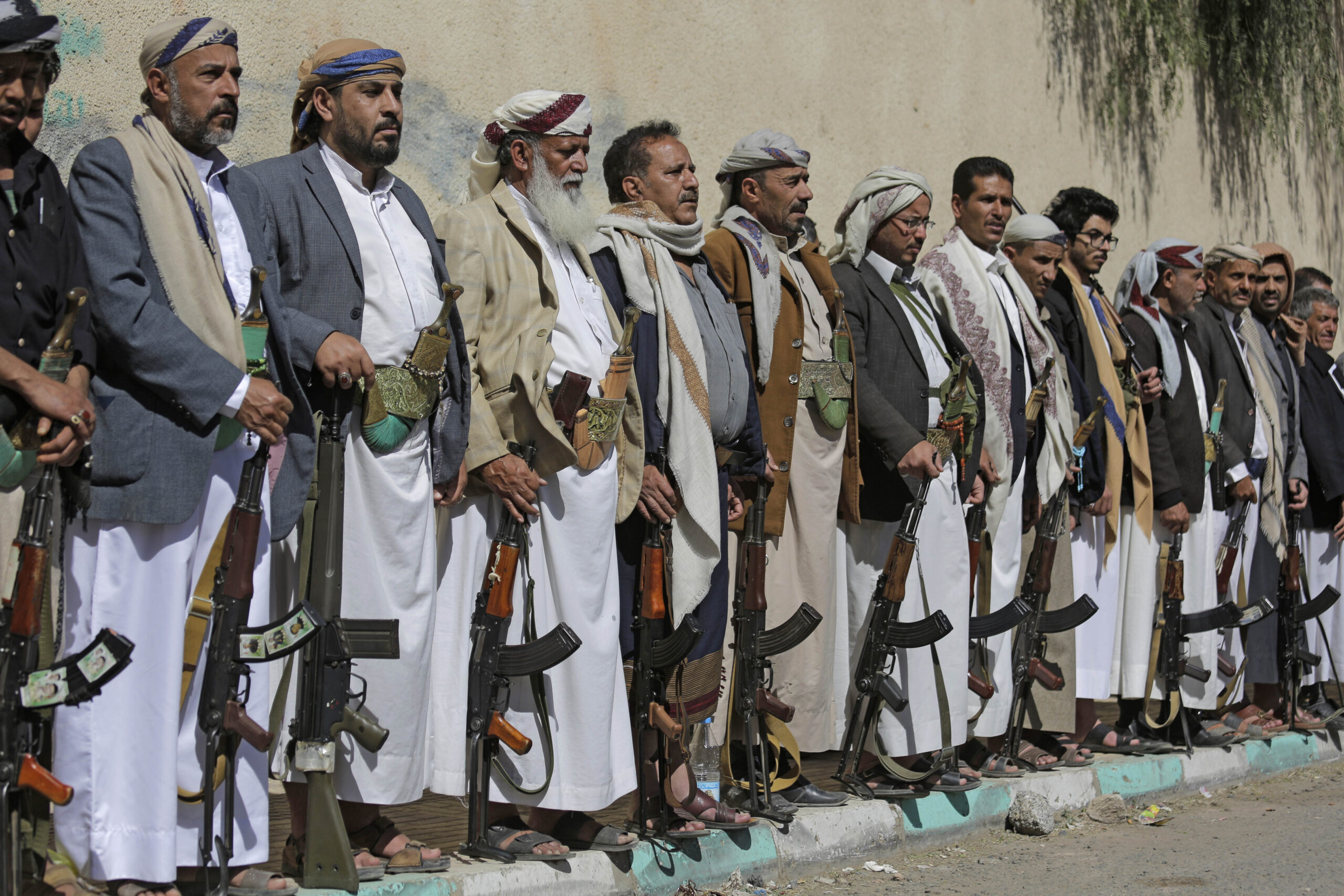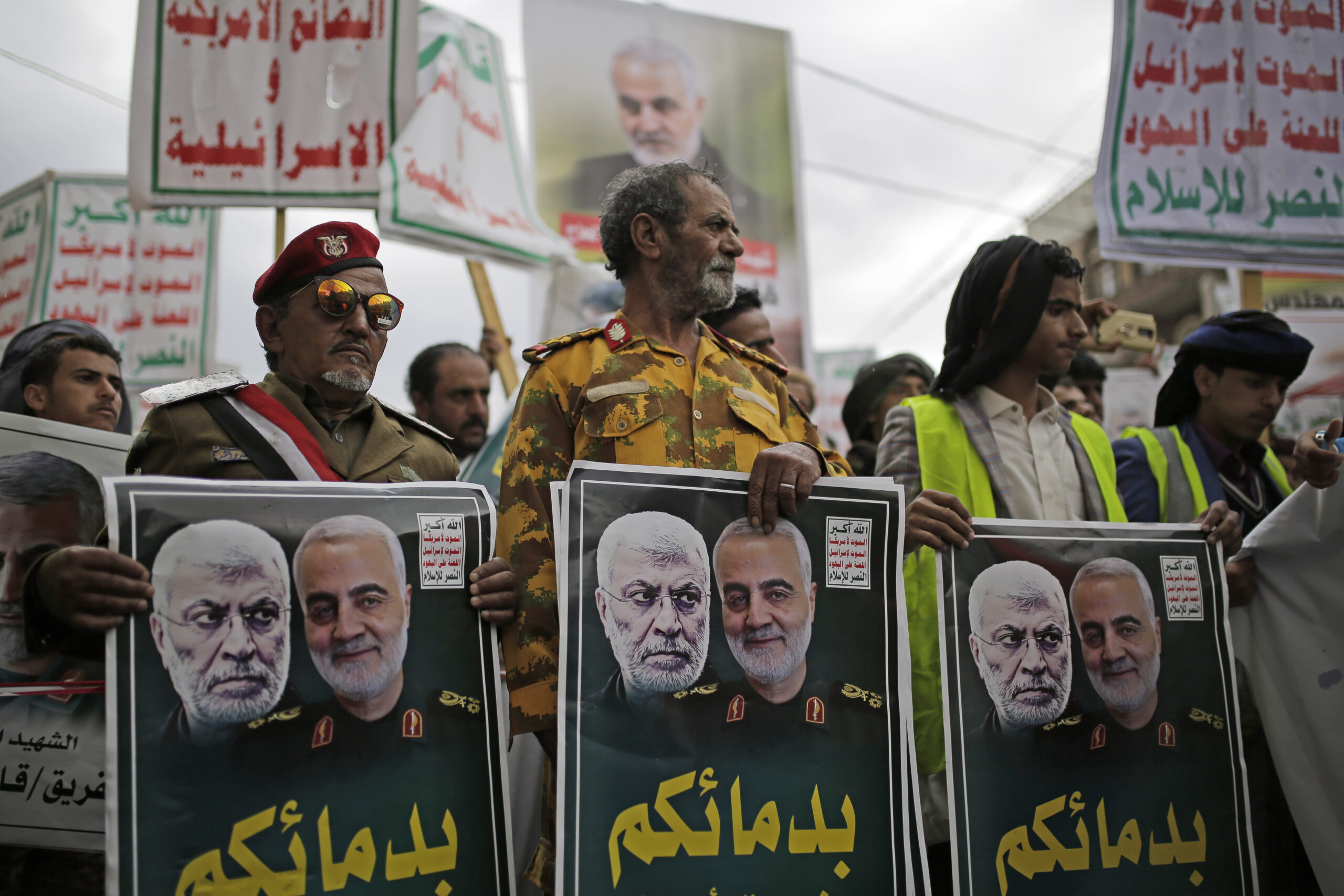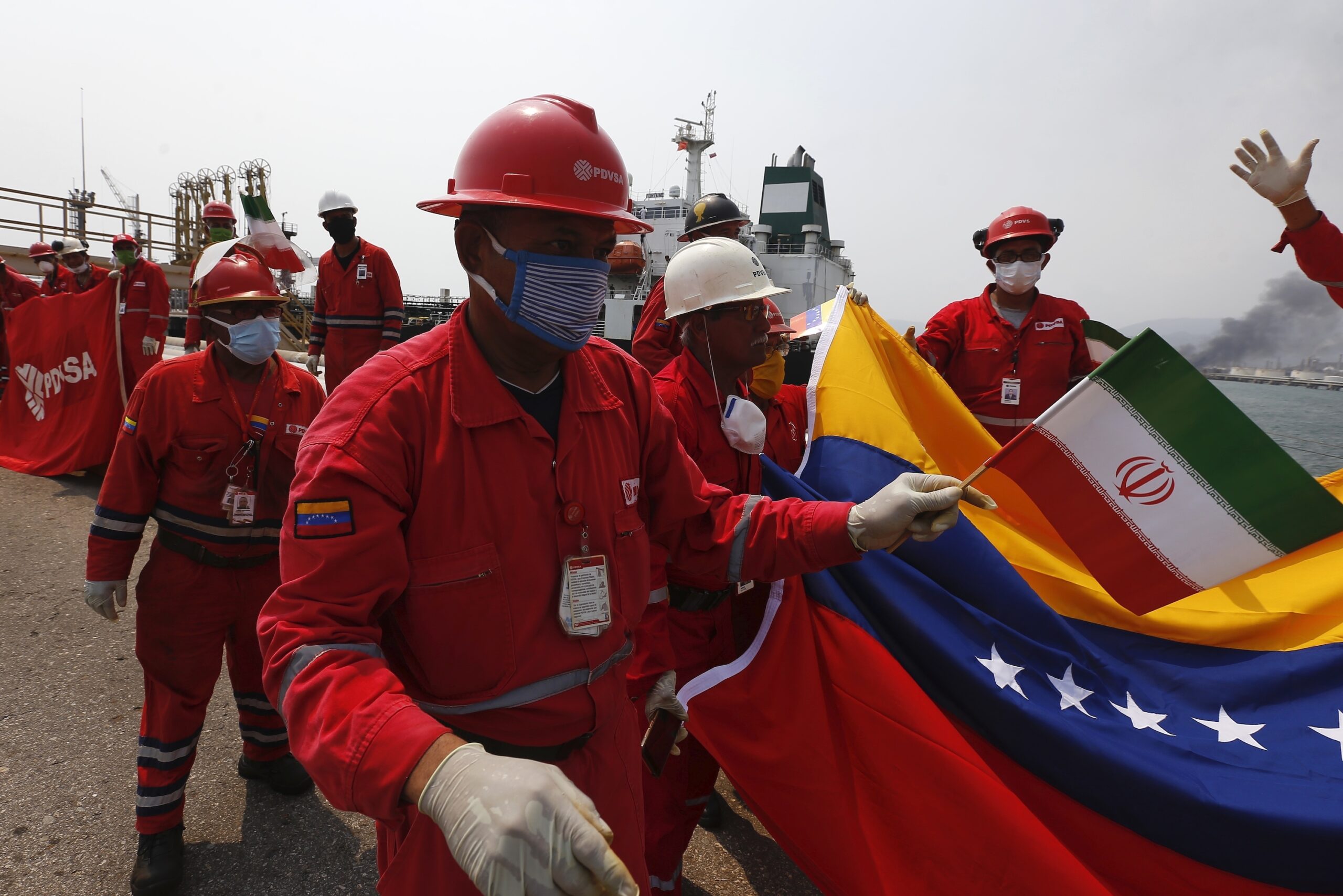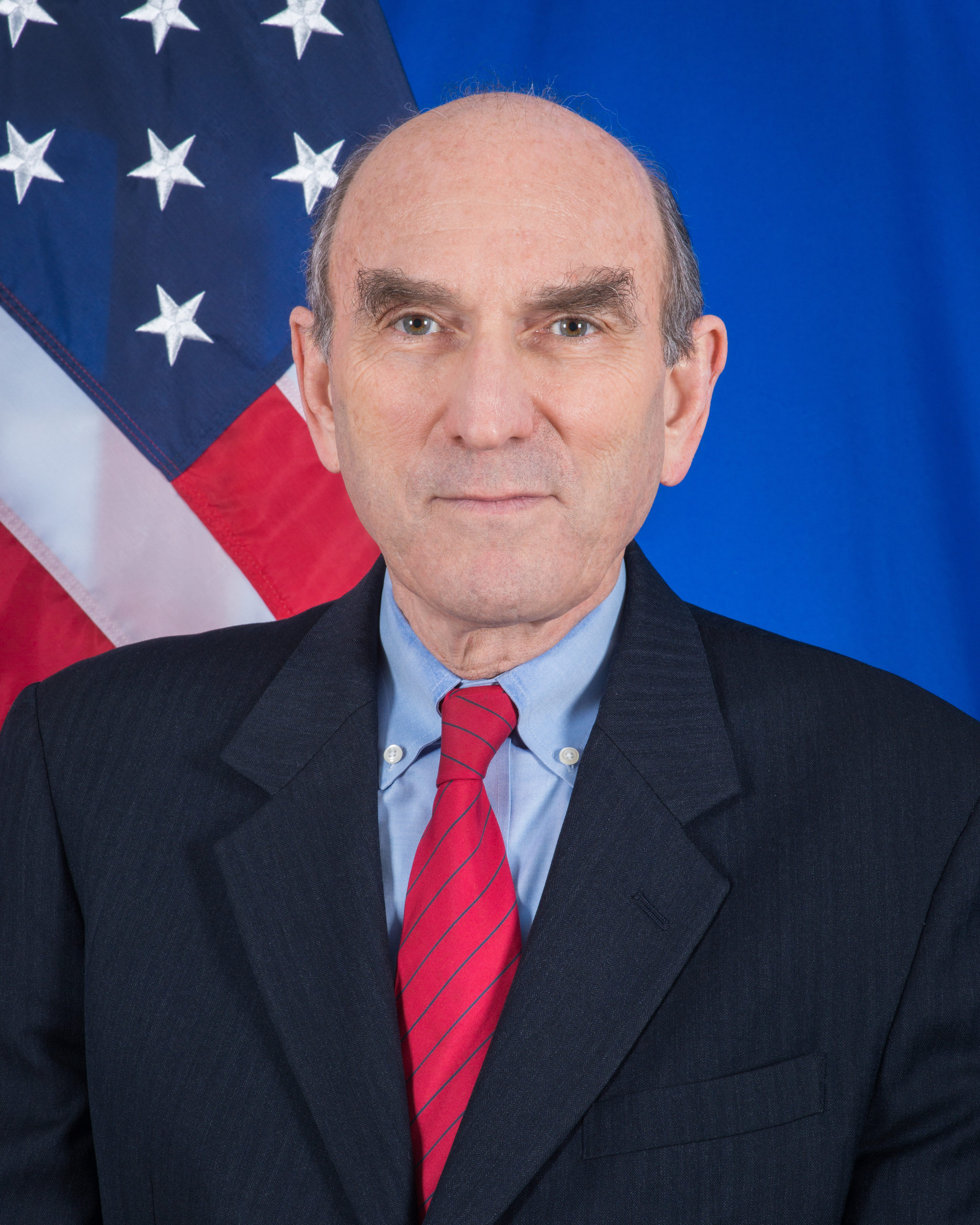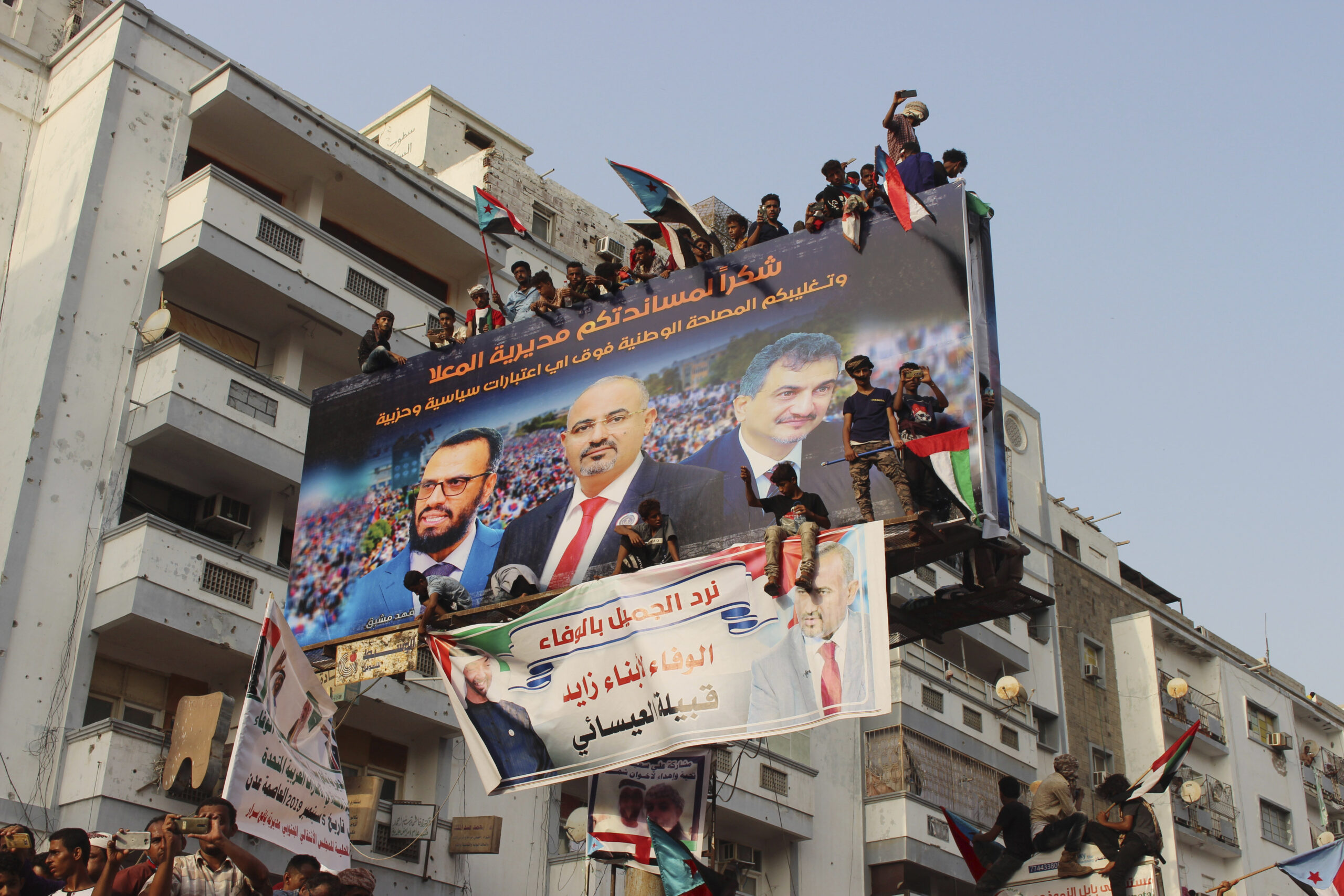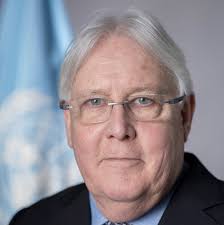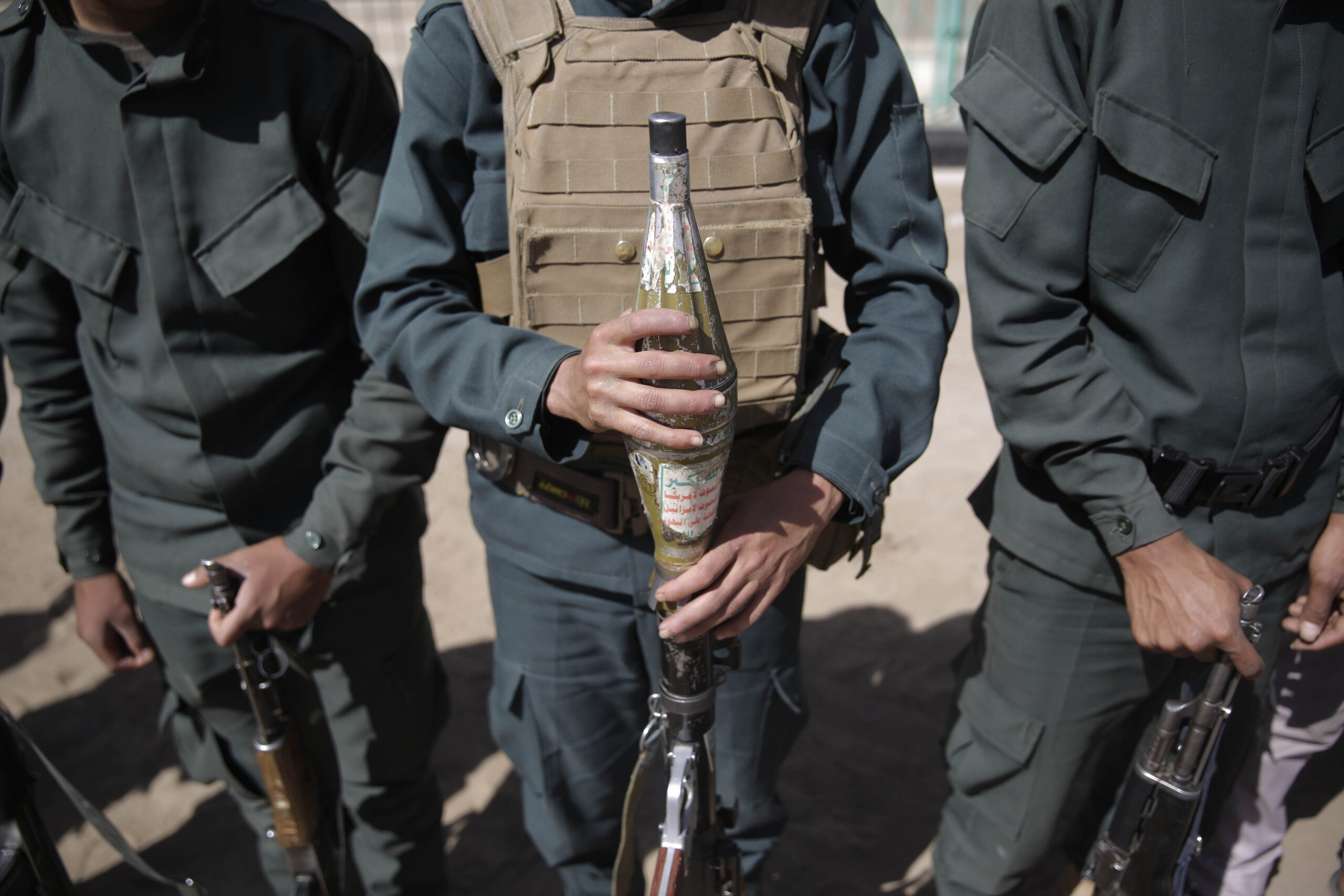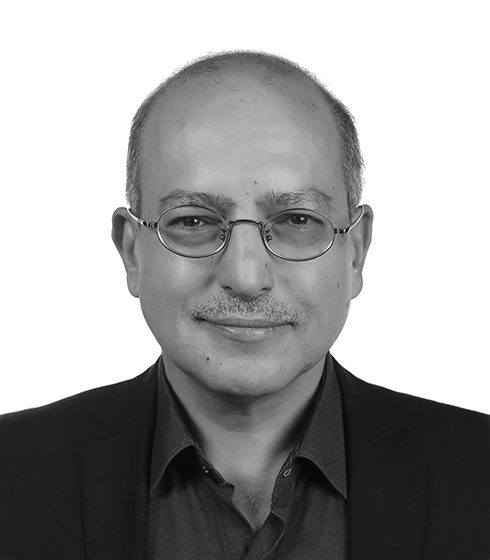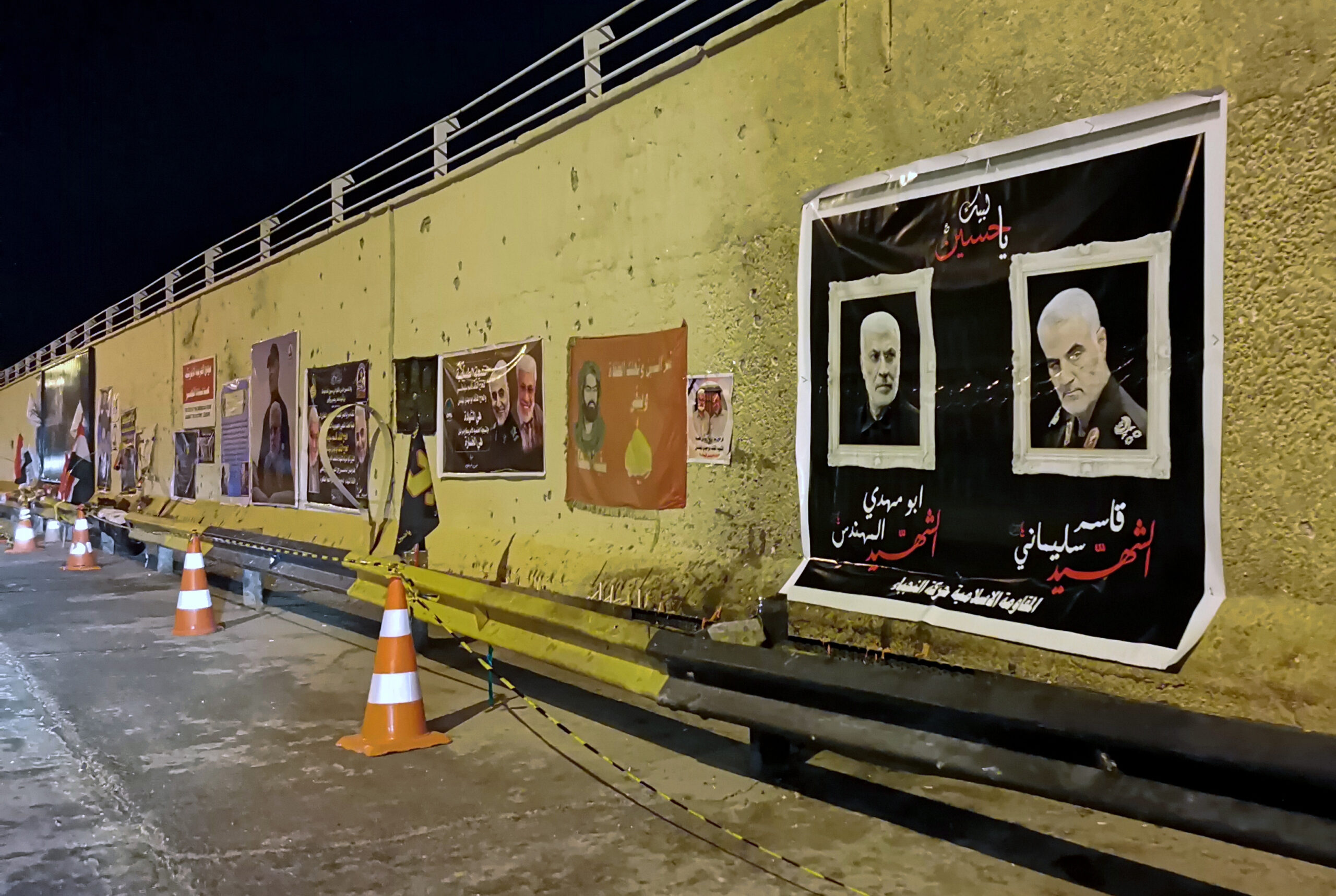Dec 9, 2015
Hopes for End of Yemen’s Conflict Turn to Geneva
Six months after the last attempt to bring the warring parties in Yemen to the negotiating table collapsed before the talks even began, a new round is scheduled to begin in Geneva, perhaps as early as December 15. This is most welcome news, not least of all because both Yemeni President Abd-Rabbu Mansour Hadi and...
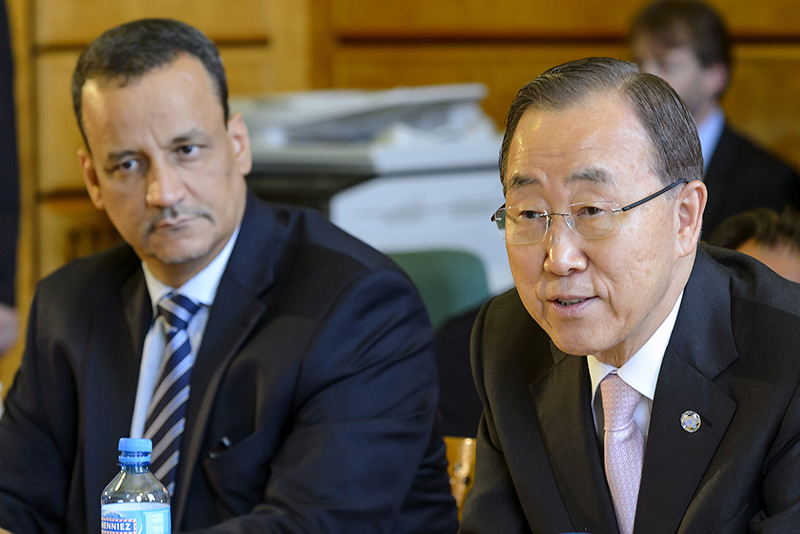
Six months after the last attempt to bring the warring parties in Yemen to the negotiating table collapsed before the talks even began, a new round is scheduled to begin in Geneva, perhaps as early as December 15.
This is most welcome news, not least of all because both Yemeni President Abd-Rabbu Mansour Hadi and the Saudi-led coalition that supports him, and the insurgent Houthi rebels and their principal ally, former President Ali Abdullah Saleh, apparently have agreed to a ceasefire that will coincide roughly with the commencement of the talks. Even a temporary cessation of hostilities will offer Yemen’s civilian population desperately needed relief after eight months of devastating airstrikes by the Saudis and other coalition states, a campaign that since August has also become a ground war, further exacerbating the humanitarian crisis that grips what was already the Arab world’s poorest country.
But the humanitarian impact of the war is not the only pressing reason why the conflict must end as quickly as possible. Owing to the Saudi-led coalition’s single-minded focus on the Houthi insurgency, violent extremist groups in Yemen have prospered in recent months. Al-Qaeda in the Arabian Peninsula (AQAP) seized the port city of Mukalla in June and has maintained control since then. With the exception of an occasional U.S. drone strike against AQAP operatives, the group has been left on its own, and last week occupied cities in the neighboring province of Abyan; some news reports suggest the occupation continues.
Alarmingly, the self-described Islamic State in Iraq and the Levant (ISIL) also seems to have formed a branch in Yemen and recently claimed responsibility for the assassination of the governor of the southern capital of Aden and six of his bodyguards. These recent developments suggest that Yemen is emerging as a safe haven of choice for these violent extremist organizations, and a platform from which they can plan and execute operations internally, in the region, and beyond.
In addition, the preoccupation of key Arab Gulf states with ending the Houthi rebellion has meant that military resources are tied up in Yemen when they could be devoted to ongoing efforts to resolve the region’s most pressing crisis—the civil war in Syria.
It is not clear that this round of talks will be any more successful than the last. The largely Sunni Arab coalition (and President Hadi himself) has shown little enthusiasm for suspending the military campaign against the Houthis, especially as it seemed to gain the upper hand in recent months, pushing the Shia insurgents out of Aden and several other key locations. For their part, the Houthis have proven to be remarkably resilient in the face of a formidable assault. In fact, as one Yemeni observed recently, fighting is pretty much all the Houthis know, and what they do best; they have little experience, and probably less interest, in negotiations.
And yet, to his credit, the U.N. Special Envoy for Yemen, Ismail Ould Cheikh Ahmed, seems to have gained assurances from all the parties to assemble in Geneva in mid-December. Perhaps both sides are growing battle weary and more cognizant of the damage this conflict is having on Yemen and its civilian population and, consequently, more prepared to examine what a negotiated settlement might look like. Delegations are being formed, and a draft agenda is being finalized. The ceasefire would be the first step in the process, followed by discussion of certain confidence-building measures, for instance, a prisoner release by both sides. If these steps can be achieved, next might come an agreement by each party to lift the siege it has imposed on Yemen: in the case of the Saudi-led coalition, an end to its blockade of Yemeni ports so that ships can dock and off-load humanitarian relief supplies. At the same time, the Houthis can lift internal checkpoints and permit this assistance to reach besieged communities.
If—and it is a big if—the parties agree to these measures, the groundwork will be laid for the discussion of UN Security Council Resolution 2216, which stipulates several other measures the Houthis must take to enable the restoration of legitimate authority in Yemen. The task of forming a broadly inclusive national unity government would follow.
On the other hand, if this round of negotiations fails, it’s not clear when there might be another, a worrisome prospect given the cost of the war to date in both human and material terms. For this reason, it is incumbent upon the United States and those states with an ability to influence the Saudi coalition and the Hadi government to apply the pressure necessary to make sure that no effort is spared to make these negotiations succeed. Similarly, if governments supporting the Houthis, and Iran certainly fits the bill (although not nearly to the extent the Saudis would lead us to believe), can press the rebels to negotiate in good faith, perhaps the beginning of the end of Yemen’s “forgotten war” will be in sight.
The views represented herein are the author's or speaker's own and do not necessarily reflect the views of AGSI, its staff, or its board of directors.
